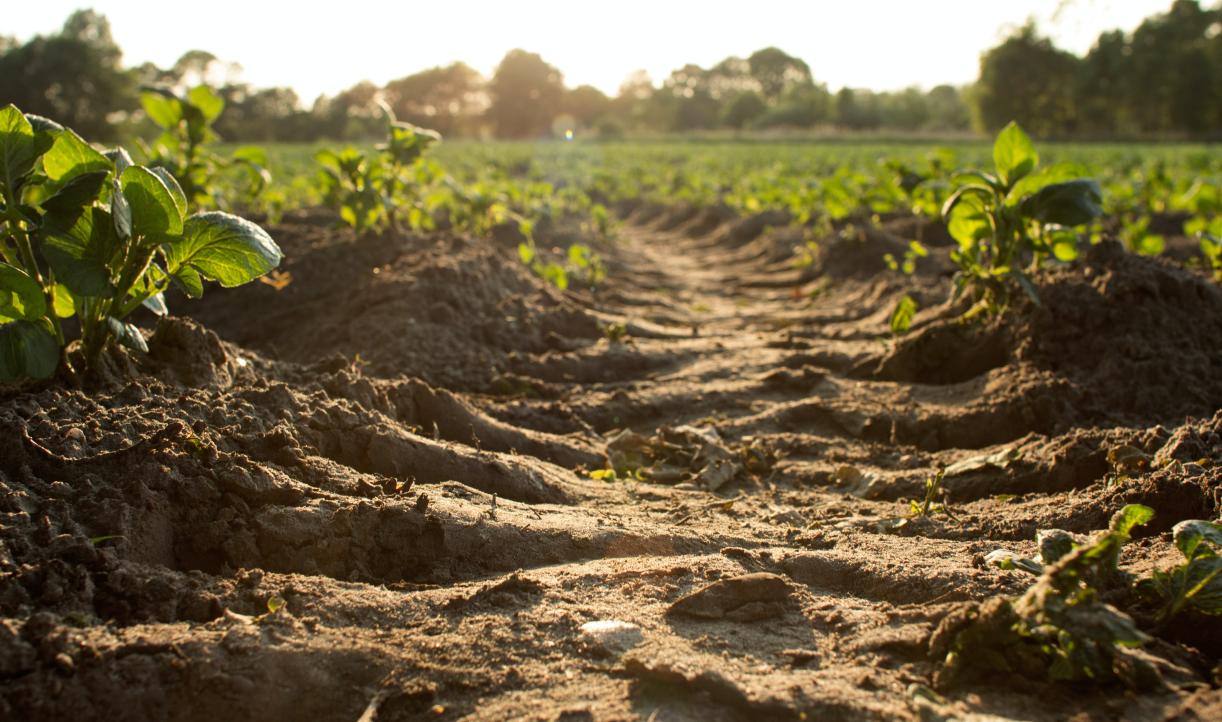Historically, the nation's push for rice self-sufficiency in the 1980s led to significant soil degradation due to intensive farming practices. Although Indonesia achieved rice self-sufficiency in 1984, this success was short-lived, and the country resumed rice imports within a decade. As of 2024, Indonesia's rice imports reached 212,393.4 million USD, while domestic production stood at 52.6 million tons, with a decline in harvested area from 10.2 million hectares in 2023 to 10.04 million hectares in 2024.
The decline in agricultural productivity is closely linked to deteriorating soil health. Excessive use of chemical fertilizers and pesticides has led to soil acidification, reduced microbial activity, and decreased soil organic carbon (SOC) levels, which are vital for soil fertility and carbon sequestration. Notably, soil erosion in Java accounts for a 2% loss in total agricultural GDP, highlighting the economic impact of soil degradation.
To address these challenges, adopting sustainable agricultural practices is essential. Incorporating organic matter, such as compost and biochar, can enhance SOC levels, improve soil structure, and increase fertility. Biochar, for instance, increases soil surface area and porosity, enhancing nutrient retention and water holding capacity. Additionally, the use of Fly Ash and Bottom Ash (FABA), by-products from coal-fired power plants, has shown potential as soil amendments to improve soil properties and support plant growth.
Implementing regenerative agriculture practices, including crop diversification, reduced chemical inputs, and conservation tillage, can further restore soil health. Such practices not only enhance soil fertility but also contribute to climate change mitigation by increasing carbon sequestration. Moreover, sustainable land management can reduce soil erosion risks, which is particularly important for Indonesia, where several watersheds face high erosion risks.
Government policies play a pivotal role in promoting soil health. Developing tailored fertilizer recommendations that consider local soil conditions, encouraging the use of organic fertilizers, and providing farmers with access to soil health data are critical steps. Furthermore, protecting prime agricultural lands from conversion and implementing soil and water conservation measures can prevent further degradation. Notably, there is an urgent need for proper soil data to protect Indonesia's prime agricultural land and increase production via improved land management.
Public awareness and community involvement are equally important. Educating farmers and the general public about sustainable farming practices and the importance of soil health can lead to more responsible land use and management. Collective efforts from the government, communities, and individuals are essential to rehabilitate degraded soils, enhance agricultural productivity, and achieve long-term food security in Indonesia.
Read More






 Wednesday, 04-02-26
Wednesday, 04-02-26







